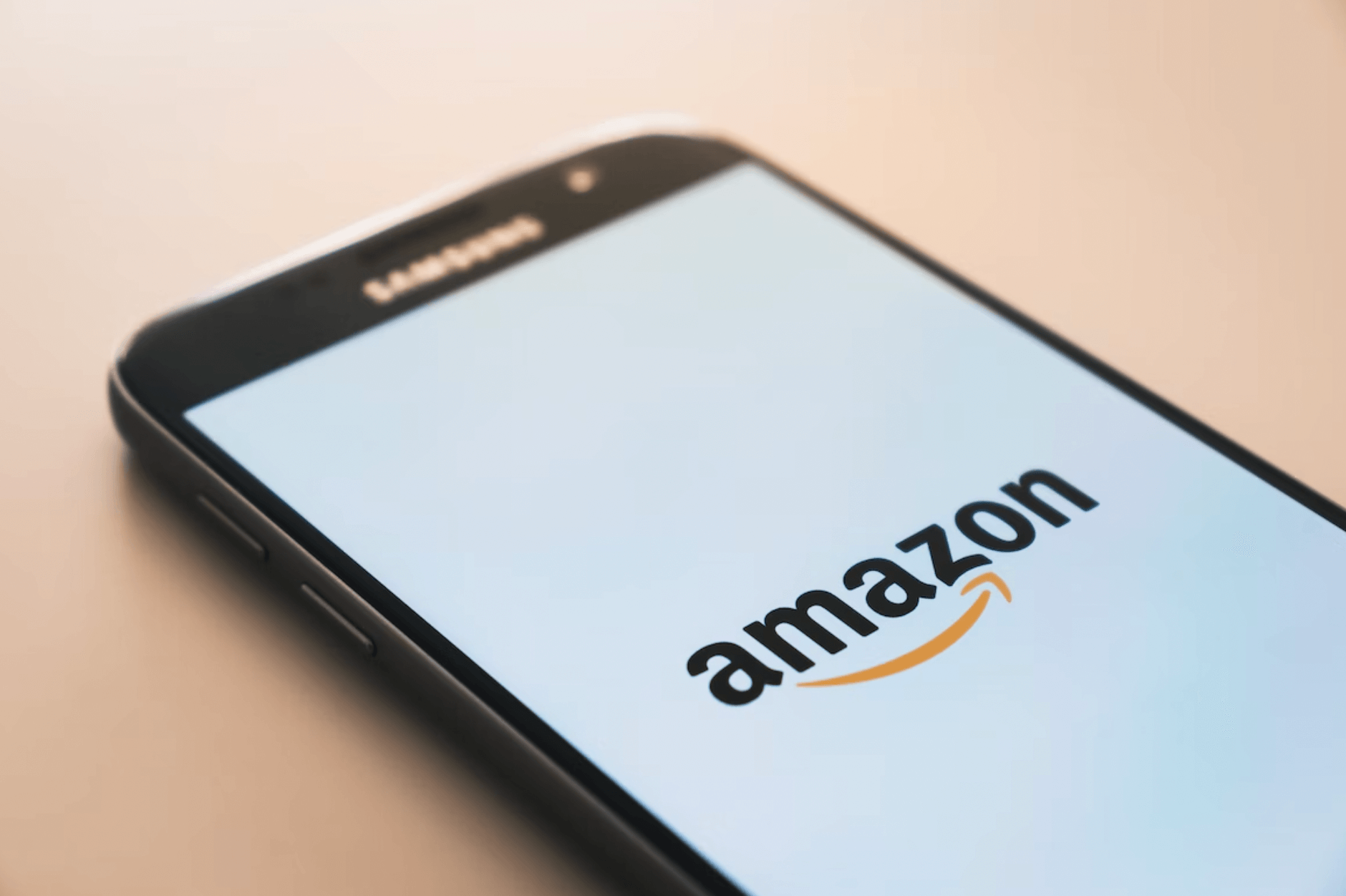All You Need to Know About Amazon Aggregators
What are aggregators looking for?
Aggregators will not buy just any small Amazon business, with the hopes of turning a profit. They put emphasis on a thorough due diligence process that ensures that the purchases they make will not only be successful but actually have the potential to become a large, profitable business. As consolidating Amazon sellers becomes more popular, it is increasingly important for aggregators to focus on buying high-quality brands that they can then develop into valuable D2C businesses across multiple marketplaces beyond Amazon.
Aggregators are mostly purchasing Amazon third-party sellers to expand them within the Amazon universe, but the goal is to ultimately use Amazon as a starting point to expand these businesses into other channels. The ecosystem, international access and huge customer base that Amazon provides offer an extremely solid foundation for businesses to expand massively when taken under the wing of knowledgeable consolidator companies.
Aggregators take a lot of steps when determining which businesses will be valuable vs. those that only appear to have a lot of potentials, but hit a ceiling a few months later. With millions of dollars coming from some of the biggest investors in the world, these aggregators have the duty to ensure they are not putting any money into businesses that could disappear a few months after they are acquired. It is easy to think the most popular small brands of the moment are great to invest in, but in fact, many aggregators are looking for the steadiest and strongest small businesses rather than those selling fad products.
Aggregators conduct very thorough research before choosing to make an offer on a brand. They sift through the thousands of potential brands with reliable technology, using data science to scan Amazon and determine the best investment opportunities.
Aggregators use tools for each part of the due diligence process, which, in combination with the trained eyes of the employees, helps them determine the best businesses to acquire. From scanning reviews to examining trademark registries and anything that may indicate violations of Amazon regulations, these aggregators know how to avoid black hat tactics and focus on the businesses with the greatest potential.
Aggregators are primarily looking for the following when hunting for the best investments:
- Registered brands selling their own branded, private-label products
- Fulfillment By Amazon (FBA) brands- makes for simpler logistics and a higher probability of qualifying for Prime Status
- Reliable profits and margins- while there is no set minimum for these figures, most aggregators are looking for at least 200k annual net profit and usually around 10-15% net margins
Why should sellers consider selling to aggregators?
Especially during the last year and a half, shoppers have turned to online shopping more than ever and the demand is at an all-time high. Aggregator companies have the resources to provide growth opportunities to small businesses that would never have the capacity on their own.
Not only will small businesses benefit from the SEO and Amazon knowledge of the experts in these aggregator companies, but they will also reap the benefits of the time and energy they take to get to know the business as if it were their own. Aggregators know that many small businesses on Amazon are like the baby of their founders and they do their due diligence, not only to make sure the business is a good fit for them but also to ensure that they can care for the business as if they had found it themselves.
Aggregators know how online businesses should be run and, thanks to their size, can absorb and save costs too quickly to become profitable. As soon as an aggregator acquires a business, they first determine how to increase the inventory in order to expand into the EU and Australia. They apply their logistics experience and knowledge to determine the necessary adjustments to save on shipping costs, develop an advertising strategy and examine SEO possibilities. This helps them to scale businesses and turn profits much quicker than any individual small business could manage on its own.
Of course, there are always challenges, as with any business. But thanks to the size, funds and expertise of aggregators, they are much better equipped to handle them. The likelihood of an aggregator business surviving a blow is much greater than if an individual small business faced that same risk.
What challenges do aggregators face?
Aggregators have a lot riding on every decision they make- they have a lot of funds to invest in small businesses and along with that is the pressure to make sure they succeed. There are of course many challenges that go along with acquiring Amazon businesses and common mistakes that could make or break business growth. But Jim Mann of the aggregator agency Thrasio explains the common pitfalls aggregators can face and some tips to avoid them.
The key to getting started with acquiring a business, Mann explains, is not to assume demand. A brand or product may appear to be a surefire success, but it is crucial to dig a little deeper. Carry out keyword research and in-market competitive analyses to ensure this product is not only in high demand but will stay in demand for years to come. Try to also avoid the pressure to be the first to move into a new market. Keep an eye on brands with similar products and when you feel comfortable with the potential for success and the time is right for your products, make the move.
It is also important to keep logistics in mind when making any business decisions. When expanding internationally, you have to remember the extra costs associated with taxes, shipping and other complications such as Brexit.
There are many different challenges in each individual market along with the challenges that go along with scaling a business and expanding on an international level. It is necessary to keep an eye on your strengths and delegate the rest, making sure that you understand everything there is to know about your customer’s wants and needs and ensuring that you are fulfilling them.
Who are the Amazon Aggregators?
Benitago
Who are they? Based in New York and London, Benitago has been in the aggregator business since 2016 and their experience shines brightly through the way they do business. Founded by entrepreneurs that started as Amazon sellers themselves, Benitago stands out from the other aggregators for many reasons. Primarily, they explore and acquire brands in categories that are left untouched by many aggregators.
They also have a special approach, given that they began as self-starting Amazon business owners themselves, they know what is important to sellers and how they can not only provide the funds but also the hard work and dedication that they need to grow a business.
The Benitago group has raised an incredible $55M in combined debt and equity can afford to pay more (an average of 12% more*) and has a record of closing deals faster than most competitors. This, combined with their proven, data-driven growth process is what keeps them on top of the world of Amazon sellers.
Amazon Insights: “Once a brand has taken their business as far as they can on their own, it is time to hand it over to an aggregator agency. Aggregators can grow the brand and make cash available for the seller as soon as the deal is closed,” notes Benitago co-founder Santiago Nestares.
E-commerce is here to stay and Amazon is expanding exponentially, so now is the time that capital markets are starting to see brands on Amazon as brands of the future and as a worthwhile investment. Ultimately, the success of aggregator agencies comes down to choosing those brands with the greatest potential to grow, but with the same goal as Amazon: to provide the best products as possible for customers.
When we asked where they see their business going, Nestares remarked, “We’re not sure. We just want to create the best products and brands for our customers and improve the brands we have.” Amazon really takes the time and care to ensure that a product is the best possible option for a customer, and if it is not it will be replaced, and this is at the forefront of every step Benitago takes in their business process.
*an average when compared to main competitors as of January 2021
Seller X
Who are they? Founded in 2020 in Berlin Germany, Seller X is one of the newest Aggregator companies on the market but has earned its spot among the top. Created by Malte Horevseck and Philipp Triebel, Seller X includes the ‘X’ to represent the independent variable and the fact that every seller is different and deserves a different approach.
Seller X is a great exit opportunity for sellers who are looking to hand over the reins or retire from running their brand when they feel they can’t take it much further alone. They help their businesses realize their full potential and openly offer sellers who want to stay on board to be a part of advising and growing the business they acquire. Seller X takes a more financial investment approach to analyze the businesses’ potential earnings.
Amazon Insights: The quality of the team is high- made up of ex-Amazonians and e-commerce and SEO experts, both investors and businesses that are looking to acquire the knowledge they are a trustworthy and reputable business.
Seller X prides itself in the relationships they have built and maintained with other aggregators, investors and Amazon sellers. They have teams that specialize in every aspect of running an Amazon business, including content, marketing, advertising as well as boots on the ground all over the world.
The key to their success? “We focus on three levers for growth: product penetration, geographical expansion and channel expansion,” says representative Daniel Calleja.
Product penetration – how do we make the product better? Improve the conversion of the listings through SKU variations, i.e. different colours, sizes, etc.
Geographical expansion – try to reach as many markets as possible and expand the brands into different areas.
Channel expansion – Determine if and how to move the brand outside of Amazon onto other platforms.
And with these levers, Seller X has managed to grow many Amazon seller businesses into profitable, international brands and is only continuing to expand their reach.
Thrasio
Who are they? Thrasio was founded in 2018 and became profitable from the offset. What started as a simple idea of putting together a collection of good quality third-party products, has snowballed into a business with $500 million and counting. They are the leading Amazon aggregator in the market right now and employ over 500 people to operate its Amazon businesses with teams in more than 10 countries. Based in Walpole, Massachusetts, this team of experts manages almost 100 brands around the world.
Amazon Insights: We were lucky enough to sit down with Jim Mann, the Head of Acquisitions for Thrasio. Jim is very well-versed in the world of Amazon FBA selling having built and sold his own successful business. He was erudite in his knowledge of FBA selling and the Amazon marketplace. He is Thrasio’s director for finding and prospecting new brands to add to Thrasio’s ever-growing portfolio and is highly regarded by his peers in the aggregator space.
Ultimately, all of the Amazon aggregators play the same role in the Amazon ecosystem and work towards the same goal of scaling small Amazon businesses in a sustainable manner. However, each aggregator has its own approach and operates in a way that best suits its ethos and stage of its lifecycle, and ultimately where they believe the potential for growth is on Amazon.
Take a look at this complete list of Amazon aggregators, which includes the option to compare and filter down the select few aggregators that are most relevant to your business.
Insights
View all insightsQuestions?
Principal Amazon Retail at DEPT®





